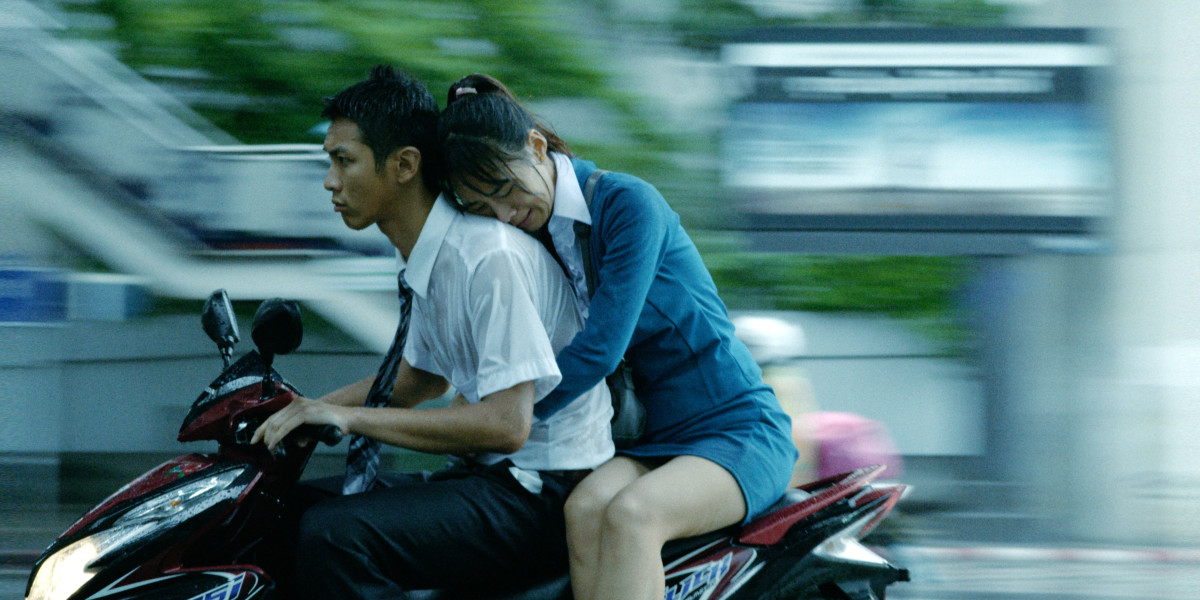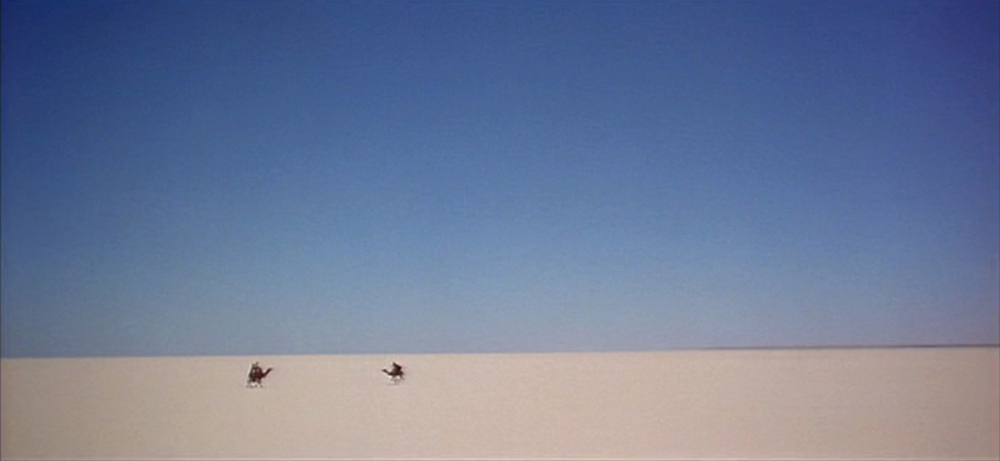Market forces being as unsparing as they are, it was perhaps inevitable we would end up with a director as cynical as Matthew Vaughn. A producer on Guy Ritchie’s first films, Vaughn occupied the director’s chair for 2004’s Layer Cake, a rote gangland outing that sought our sympathy for a drug dealer who represented the kind of supply-and-demand-savvy middleman Vaughn doubtless fancied himself as. More lowest-denominator fare followed: 2007’s Stardust, which channelled the snickering violence, chauvinism and homophobia of Ritchieland into a dismayingly profitable family film; 2010’s Kick-Ass, that feature-length recruitment video for sociopaths; and, having obtained the keys to the studio kingdom, 2011’s X-Men: First Class, where the concentration-camp scenes gained a crudely effective charge from Vaughn’s apparently close understanding of abuses of power.
Kingsman, his latest exercise in loud, tasteless thrills, is simultaneously a spoiler for Ritchie’s long-gestating Man from U.N.C.L.E, a flagrant Bond-gig audition, and – not coincidentally – masturbation fodder for public schoolboys who weren’t bright enough to get the call from MI5. Vaughn and regular partner-in-crime Jane Goldman, adapting another Mark Millar screed, offer us an alternative security force, modelled on Michael Caine’s Harry Palmer. Besuited and bespectacled, its agents – headed by Colin Firth’s Galahad – operate out of a Savile Row tailor’s overseen by Caine himself; the film’s so in thrall to hollow, GQ-approved ideas of style that their passwords include “Oxfords, not brogues”.
For Vaughn, style and class are inseparable. Grateful plebs that we are, we’re meant to take something heartening from the social-mobility narrative that sees Taron Egerton’s rough diamond Eggsy plucked from his lowly surrounds, suited and booted, and placed on his Majesty’s secret service; in a film this gratingly self-reflexive, it may also be possible to see something of wannabe wideboy Matthew de Vere Vaughn reflecting upon the expensive toys bestowed upon him by the movie establishment.
Nowadays, he has the resources to follow his characters as they skydive out of planes, and to build set-pieces around a legless female assassin (Sofia Boutella) who sports razor-sharp Pistorius blades on her stumps – the kind of sexy homage to a convicted wifekiller only a filmmaker of Vaughn’s tact and diplomacy would attempt. He still knows how to produce and package, and to give his audience the sensation they crave: bits with cute puppies and characters tied to the railway tracks, hyperstylised violence set to throbbing pop tunes, and a (flatly horrible) anal sex “gag” as a topper.
Yet you’d have to be soft-headed to fall for a fantasy that proves so flimsy around both ends of the social spectrum: on one side, treacherous poshos named Hugo, Digby and Amelia, on the other, a vision of working-class life that extends to cramming Sam Janus in a council flat overrun by sixteen people’s unwashed laundry, Geoff Bell at his most scrofulous, and blasts of the one Dizzee Rascal track Vaughn heard while his Range Rover was parked up at traffic lights.
That this director is squarely on side with the 1% can be discerned from the film’s opening (Dire Straits) and closing (Bryan Ferry) soundtrack choices, and that his plot has been annotated with cutaways to Sky News – for this is a Fox production, after all, and Vaughn is nothing if not a company man. (Firth’s office is lined with Sun cover stories, in another none-too-classy instance of brown-nosing.)
The prevailing tabloid mentality becomes doubly questionable if we consider just who the Kingsmen’s massed brute force has been deployed against here: Samuel L. Jackson as a lisping Internet tycoon whose utter classlessness is revealed when – gadzooks! – he deigns to serve Firth a McDonald’s cheeseburger and fries from a silver platter. Vaughn, of course, thinks nothing of taking the product-placement shilling: here’s one aspirant fat cat determined to have his Happy Meal and eat it.
The Sun good, but Apple, Microsoft and McDonald’s bad? In the week of another controversy over Page Three, perhaps Matthew might like to go away and have a quiet think about that one. Then again, perhaps he wouldn’t. Kingsmen, mindlessly celebrating the triumph of resolutely heterosexual white men over an effeminate-sounding African-American, arrives as proof you can put a dodgy geezer in a sharp suit, but also that, sometimes, clothes maketh not the man.
(MovieMail, January 2015)
Kingsman: The Secret Service is available on DVD through 20th Century Fox Home Entertainment; a sequel, Kingsman: The Golden Circle, opens in cinemas nationwide on Wednesday.








